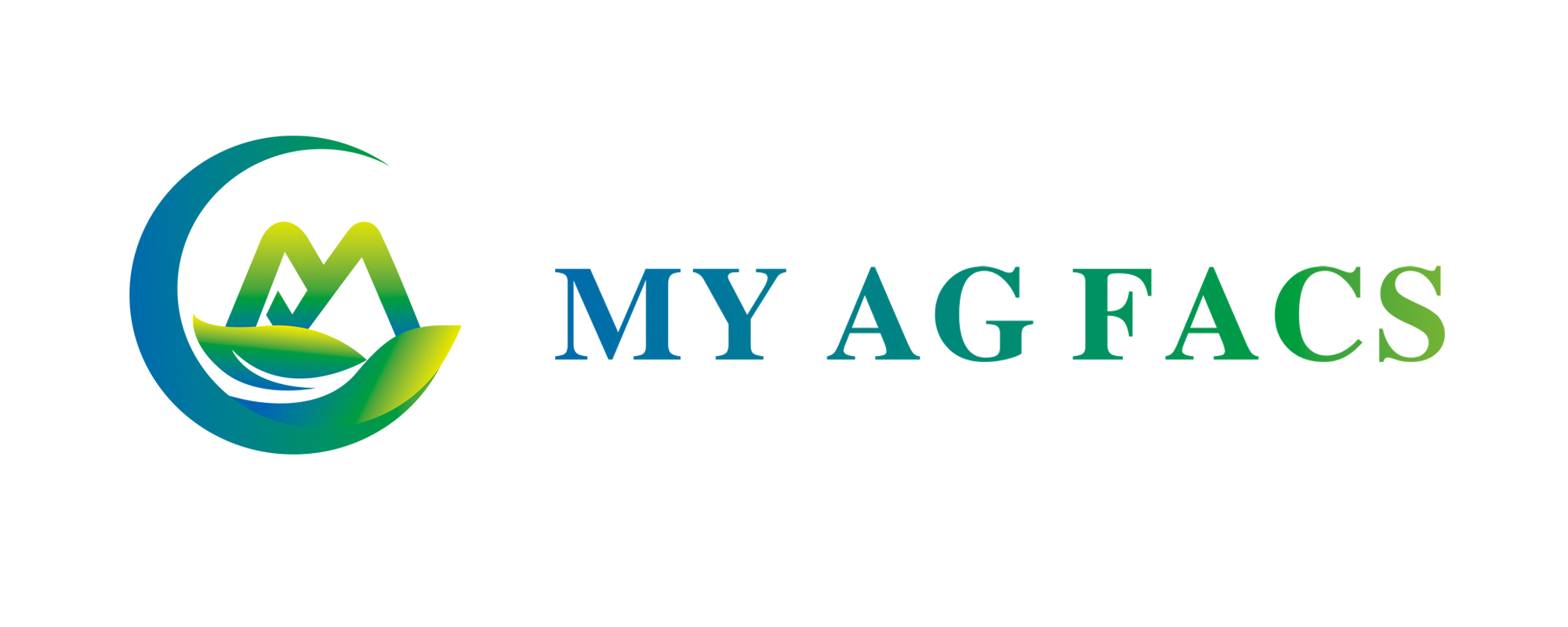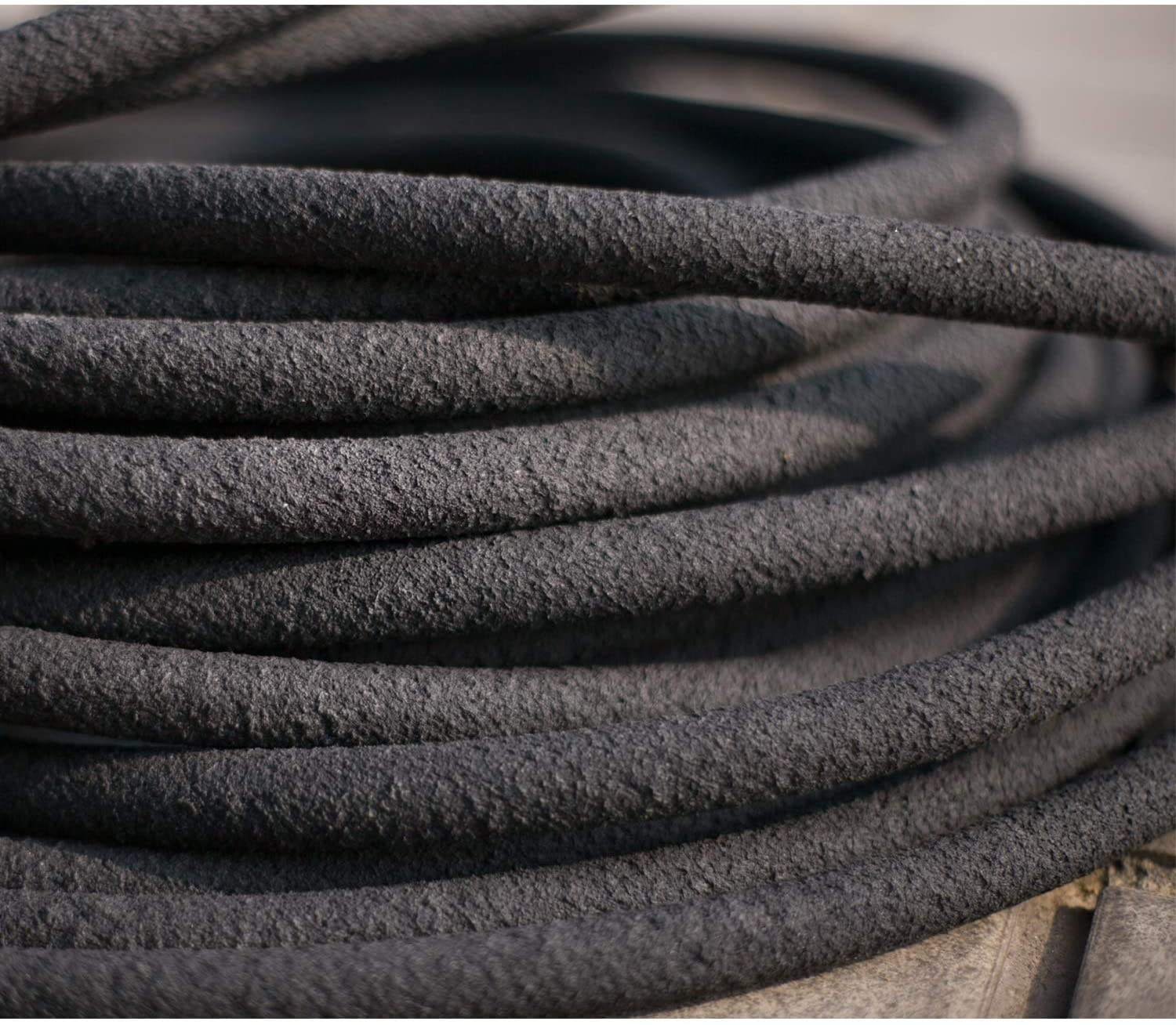

As global climate change intensifies and water scarcity becomes a pressing issue, efficient use of limited water resources has become a critical focus for agricultural development worldwide. Traditional irrigation methods, such as flood and sprinkler systems, have long been used, but they come with significant drawbacks in terms of water efficiency and soil preservation. Against this backdrop, soaker hoses, a new type of irrigation tool, have emerged as a key solution to these challenges, providing an effective way to address water shortages and improve agricultural productivity.
A soaker hose is a flexible irrigation tube, typically made of polyethylene or other durable materials. Its core function is to release water slowly and evenly through micro-perforations or slits, delivering water directly to the root zones of crops. This “precision irrigation” method allows water to reach the plants with minimal waste, meeting their water needs efficiently.
Soaker hoses are widely used for a variety of crops, including vegetables, fruit trees, grains, and horticultural plants. Whether for large-scale farms or small home gardens, soaker hoses can adapt to different agricultural needs. Their effectiveness is particularly notable in arid and semi-arid regions, where water conservation is paramount.
Water Conservation
One of the most significant advantages of soaker hoses is their exceptional water-saving capability. Traditional flood irrigation often leads to substantial water loss, especially in hot, dry environments where evaporation and runoff are common. Soaker hoses, by contrast, deliver water directly to the root zone, virtually eliminating surface evaporation. Studies show that using soaker hoses can reduce irrigation water usage by 30% to 70%, greatly improving water use efficiency.
Increased Crop Yield and Quality
By providing a steady, uniform supply of water, soaker hoses create a more stable growing environment for plants. This encourages healthy root development and leads to significant improvements in crop yield compared to traditional irrigation methods. Moreover, crops grown with soaker hoses tend to have higher quality, with fewer issues related to over- or under-watering. Additionally, soaker hoses can be combined with liquid fertilizers to implement “fertigation,” allowing crops to receive both water and nutrients simultaneously, further boosting production.
Preventing Soil Degradation and Salinization
Traditional methods, particularly flood irrigation, often lead to soil compaction and erosion over time, damaging the structure of the soil. Soaker hoses, however, deliver water at a slow, steady rate, preventing soil erosion and maintaining soil health. Furthermore, they help mitigate soil salinization. Because the surface soil stays dry, there is less upward movement of salts, preventing the accumulation of harmful salts in the root zone.
Lower Energy and Operational Costs
Soaker hose systems operate at low pressure, unlike sprinkler systems, which require high-pressure pumps. This results in lower energy consumption. Additionally, soaker hoses are relatively easy to install and maintain, and they can be automated, reducing the need for labor. This means that soaker hoses not only save water but also lower overall agricultural operating costs.
Versatility Across Various Terrains and Soil Types
The flexibility of soaker hoses makes them suitable for a wide range of terrain, including sloped, mountainous, and sandy regions. In these areas, traditional irrigation often leads to uneven water distribution, but with precision drip irrigation, soaker hoses can ensure that water is evenly distributed to each plant, regardless of the terrain’s complexity.
As the world places increasing emphasis on water management and environmental protection, the use of soaker hoses is no longer confined to developed countries with advanced agricultural infrastructure. They are becoming an important tool in many developing countries to address water scarcity. For example, soaker hoses are widely used in the Middle East and Africa to alleviate the stress of limited water resources on agricultural production. Similarly, soaker hoses are gaining popularity in the arid regions of Northwest China, the farmlands of California, and desert agriculture in Israel, achieving remarkable results.
Looking ahead, as technology continues to advance, the cost of manufacturing soaker hoses will likely decrease, further expanding their market reach. Furthermore, combining soaker hoses with other smart agricultural technologies, such as the Internet of Things (IoT) and automated water-fertilizer control systems, will provide even more innovative solutions for sustainable agricultural development.
Soaker hoses, as a highly efficient irrigation tool in modern agriculture, offer significant benefits, including water conservation, energy savings, increased crop yield, and better soil health. By effectively addressing the challenges posed by water scarcity, they play a vital role in global agricultural irrigation. With growing awareness of water management, the future of soaker hoses looks promising, with the potential to bring new opportunities for sustainable agricultural growth and become a key tool in advancing global food security.